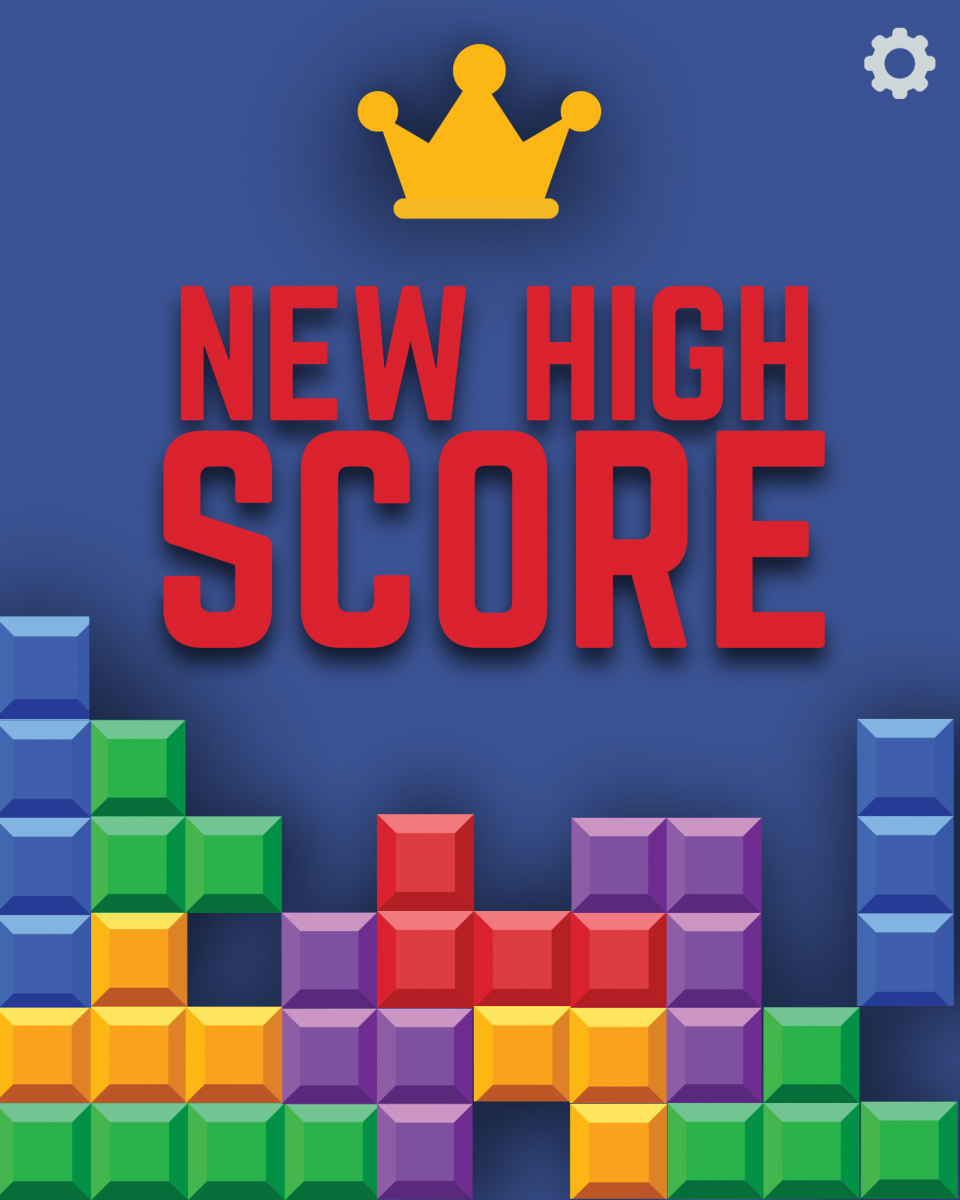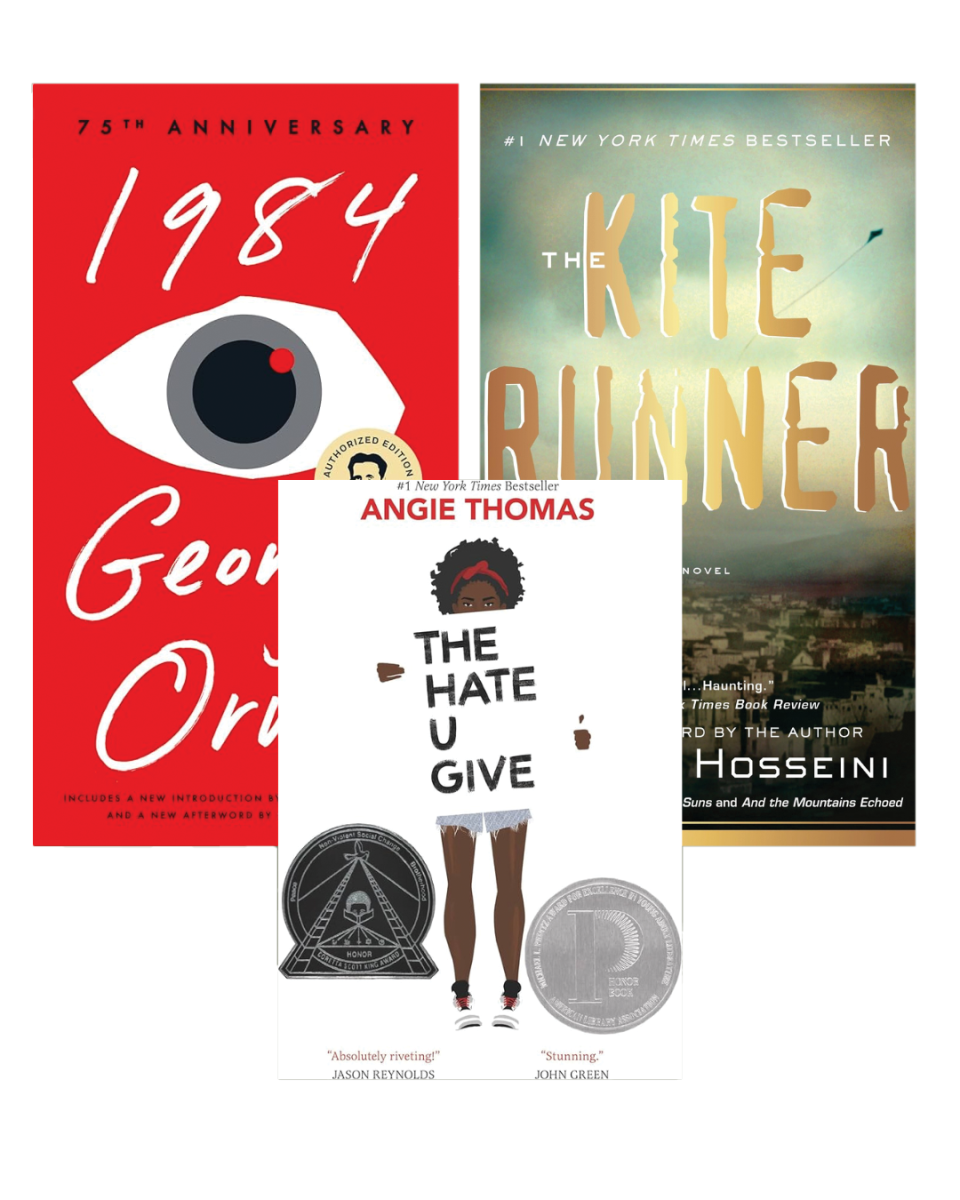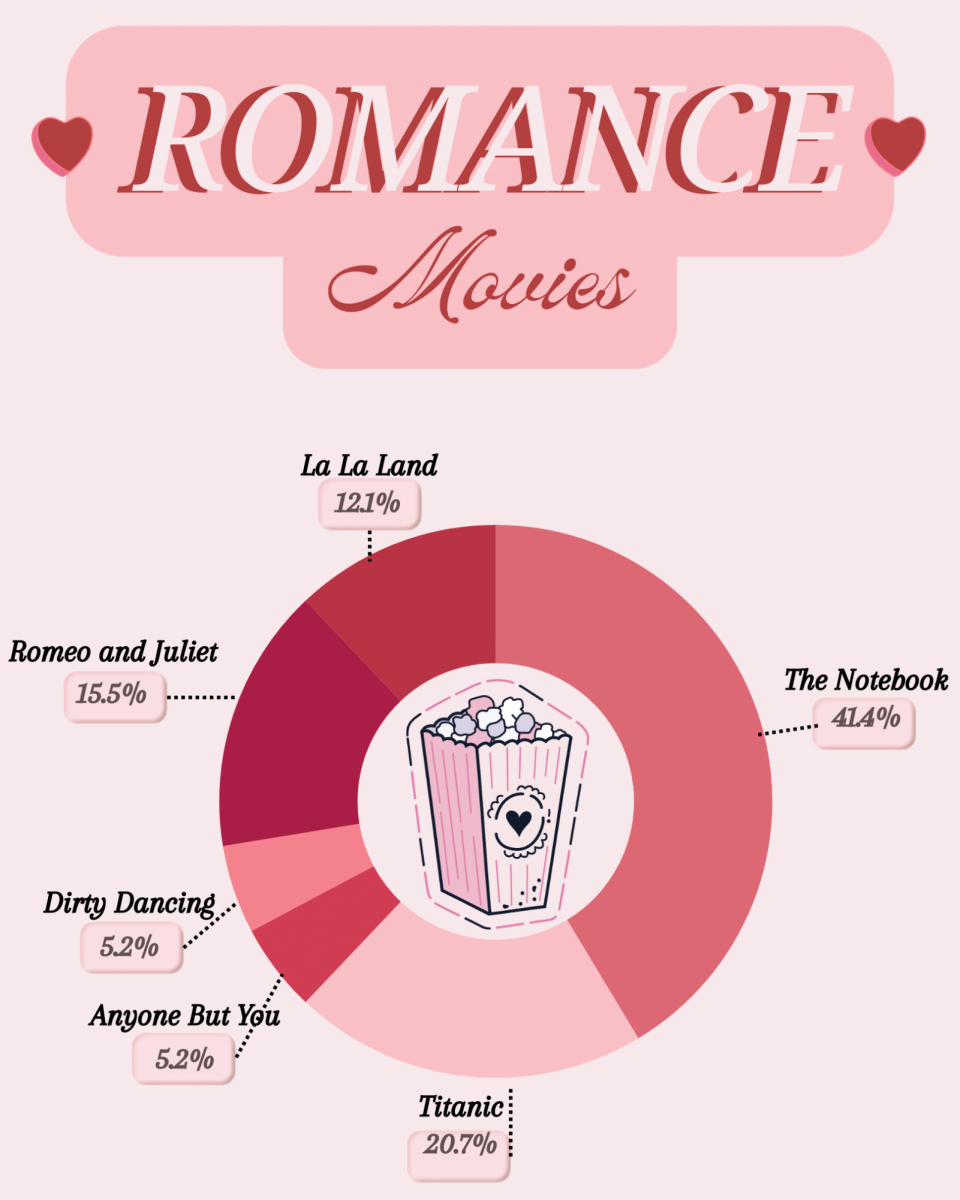All around LSE, at all times of the day, students are glued to their phones. Some are looking at TikTok, or texting their friends, but the app that has been taking up most of LSE students’ time lately has been Block Blast.
Block Blast is a simple game. It involves an 8 by 8 grid where players try to strategically place colorful shapes. The goal is to place the blocks to create a solid row and clear the area, giving the player points. A point total at the top of the screen continues to add to itself anytime a new block is placed or a row is cleared. In addition, there is a heart at the top of the screen that appears and beats when players continue to break rows and columns, encouraging people to keep playing and clear additional rows. The more rows cleared, the higher score a player gets. The game ends when the player cannot place another shape on the board.
Jack and Beau Cassell, who are twins and both juniors at LSE, have become hooked on Block Blast.
Jack has a high score of 42,608. Like many other LSE students, he has become addicted to the game. He plays Block Blast a lot throughout the day, but according to him, “it’s never in long chunks of time, it’s just when I get bored.”
Beau also plays Block Blast regularly, and has a high score of 41,669. He plays whenever he has downtime, which he says is “before bed, at lunch, and in between classes.”
Block Blast has spread like wildfire all across LSE, and has become very popular on social media platforms as well, including Tiktok. Social media helps to spread the latest trends and popular games, including Block Blast.
“TikTok is a big part of why it is popular,” Jack said. “It is how I found out about it.”
What is the appeal about Block Blast anyways? Why are students spending all their time trying to get a higher score? It seems to be a simple game, and this may be what makes it so popular. Block Blast is a mindless activity, and it allows for students to take a break, give their brain a rest.
“It allows teens to not think for a little bit,” Beau said. With the stress of school and classes, it is important for students to have something that takes their minds off of their worries and busy lives.
The game also has a competitive aspect. Students often compare their high scores, trying to improve and get a better score than their friends. Jack competes with his friend group and says they are always trying to one-up each other with high scores. “I am currently winning, but it’s just a matter of time until I get passed.”
The desire of getting a new high score is ingrained in many students’ brains, causing them to return again and again to the app, even to the point where they spend all their free time on it. According to a Google form survey completed by 40 LSE students, some reported spending 2-3 hours on the game every day. Another student responded, saying, “I had a day where I played Block Blast for 6 hours straight.”
Block Blast is very popular at the moment, but trends don’t usually stay around for long. The popularity of the app has already started to die off, with students spending less and less time on the app every day. It is a fun way to spend free time, but the app can quickly turn into an addicting and a mindless activity. Will Block Blast stick around, or will something new take its spot?







